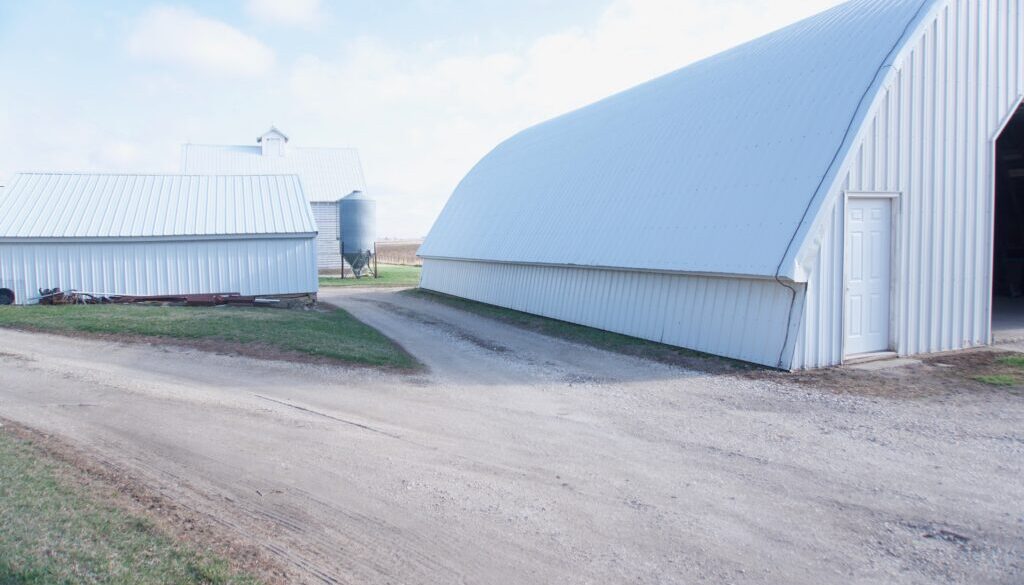Keith Schneider, a former New York Times national correspondent, is senior editor for Circle of Blue. He has reported on the contest for energy, food, and water in the era of climate change from six continents. This report was first published by The New Lede and is part of an ongoing collaborative project between The New Lede and Circle of Blue that looks carefully at how agricultural policies are affecting human and environmental health.)
EMMETSBURG, IOWA –Raised in rural Iowa, 71-year-old Maureen Reeves Horsley once considered her tiny hometown in the northwest part of the state to be a blessed space. She recalls a time when the streams here ran clean and the lake water was clear.
The family farm where Horsley grew up was one of more than 1,200 farms in Palo Alto County in 1970. In her memory, the county’s 13,000 residents enjoyed a thriving agricultural-based economy and close-knit neighbors. Cows grazed in verdant pastures. And seemingly endless acres of corn marched to the horizon.
“We had good crops, corn and soybeans,” Horsley said of her family’s farm along the West Fork of the Des Moines River. “You could make it on a small amount of farmland. You felt safe. It was a good life.”
Two generations later, Emmetsburg and Palo Alto County have been radically transformed into a place where many residents worry that the farms that have sustained their livelihoods are also the source of the health problems that have plagued so many families.
Continue Reading...
